What are 5 best books for Time Management? Watch this video
As Amazon affiliates we may earn a commission if you purchase a product at no cost to you
Looking to improve your time management skills? Check out these five life-changing books that offer practical tips and strategies for better productivity. These time management books delve into the science of habits, the power of routines, and the significance of balancing daily activities, providing actionable advice to help you make the most of your time and create a more meaningful and balanced life. Whether you're looking to streamline your workflow, eliminate distractions, or simply find more time for the things you love, these books have you covered.
"Getting Things Done" by David Allen
"Getting Things Done" by David Allen is a must-read for anyone looking to improve their productivity and reduce stress. One key takeaway is the emphasis on consistency in sticking to your routine. Allen argues that by consistently following a structured approach to managing tasks, you can avoid feeling overwhelmed by large, daunting projects.
What you should know:
- Allen's approach, known as the GTD method, provides a systematic way to capture, clarify, organize, and prioritize tasks.
- The book emphasizes the importance of regularly reviewing and updating your task list to ensure nothing falls through the cracks.
- By breaking down tasks into smaller, manageable steps, you can make progress without feeling overwhelmed.
Why we love it:
- Readers appreciate the practical, actionable advice that Allen provides, making it easy to implement his strategies into their own lives.
- The book's emphasis on consistency resonates with many people who struggle to maintain a routine amidst the chaos of daily life.
- Allen's approach is not just about getting more done; it's about creating a sense of control and peace of mind by knowing that everything is captured and organized.
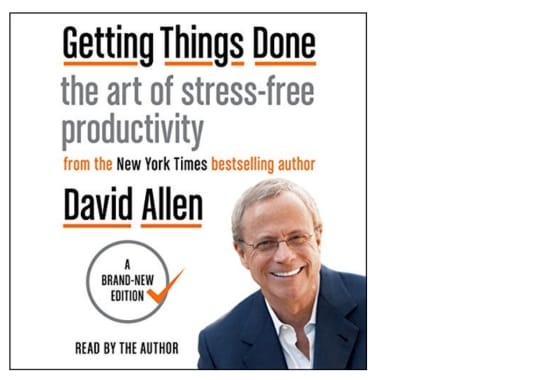
CHECK PRICE
The 4-Hour Workweek by Tim Ferriss
"The 4-Hour Workweek" by Tim Ferriss is a groundbreaking book that offers a new perspective on work and productivity. It's not just about working less; it's about working smarter and more efficiently. Ferriss provides a wealth of strategies for building an effective routine and maximizing productivity in your professional life.
What you should know:
- Ferriss challenges traditional notions of work and introduces the concept of "lifestyle design," where you design your work around your life, rather than the other way around.
- The book is full of practical tips and techniques for outsourcing tasks, automating processes, and prioritizing your time effectively.
- Ferriss emphasizes the importance of setting clear goals and focusing on high-impact tasks to achieve maximum results.
Why we love it:
- Readers appreciate Ferriss's unconventional approach to work and life, which encourages thinking outside the box and challenging the status quo.
- The book is not just theory; it's filled with real-world examples and actionable advice that readers can implement immediately.
- Ferriss's emphasis on efficiency and effectiveness resonates with anyone looking to get more done in less time, allowing them to focus on what truly matters to them.
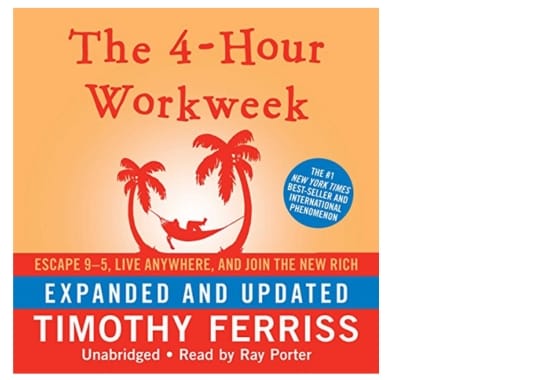
CHECK PRICE
The Checklist Manifesto by Atul Gawande
"The Checklist Manifesto" by Atul Gawande is a compelling book that explores the power of checklists in improving efficiency and managing complex tasks. It highlights how checklists can help professionals in various fields, from medicine to aviation, avoid errors and achieve better outcomes.
What you should know:
- Gawande shares stories and research that demonstrate the effectiveness of checklists in reducing mistakes and streamlining processes.
- The book offers practical advice on how to create and implement checklists in different settings, emphasizing simplicity and relevance.
- Gawande argues that checklists are not just for simple tasks but can also be invaluable in managing complex, high-stakes situations.
Why we love it:
- Readers appreciate Gawande's engaging writing style and his ability to make a compelling case for the use of checklists.
- The book's examples and anecdotes resonate with professionals in various fields, illustrating the universal applicability of checklists.
- Many readers have found that implementing the principles from the book has led to tangible improvements in their work processes and outcomes.
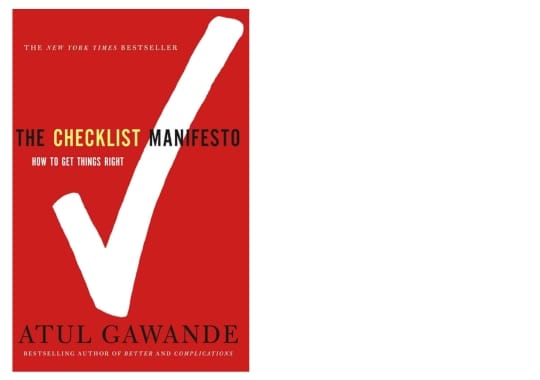
CHECK PRICE
"Make Time: How to Focus on What Matters Every Day" by John Zaretsky
"Make Time: How to Focus on What Matters Every Day" by John Zaretsky and John Knapp is a practical guide to mastering time management and prioritizing what truly matters in daily life. The book offers actionable advice and strategies for finding focus, creating a daily routine, and achieving a balanced life.
What you should know:
- Zaretsky and Knapp emphasize the importance of setting priorities and eliminating distractions to make time for the things that truly matter.
- The book offers a variety of tactics and techniques for managing time more effectively, such as setting daily highlights, designing your day, and optimizing your energy levels.
- Zaretsky and Knapp provide real-life examples and anecdotes to illustrate their points, making the book engaging and relatable.
Why we love it:
- Readers appreciate the practical nature of the advice offered in the book, finding it easy to implement in their own lives.
- The book's focus on balancing daily activities and finding time for what truly matters resonates with many people struggling to juggle work, family, and personal pursuits.
- Zaretsky and Knapp's approach is both realistic and empowering, encouraging readers to take control of their time and focus on what brings them joy and fulfillment.
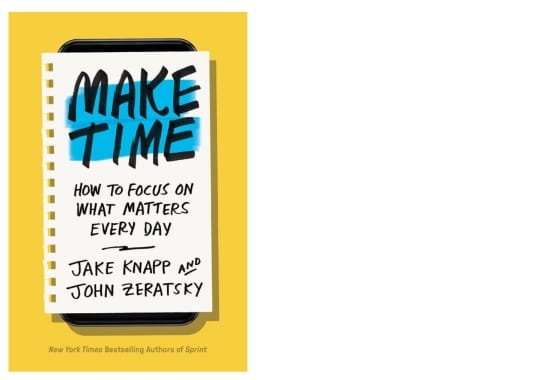
CHECK PRICE
The Power of Habit by Charles Duhigg
"The Power of Habit" by Charles Duhigg is a fascinating exploration of how habits work and how they can be changed to improve productivity and overall well-being. Duhigg delves into the science behind habits and provides practical advice for creating a proper routine and checklist to manage daily tasks effectively.
What you should know:
- Duhigg explains the "habit loop" - the cue, routine, and reward - and how understanding this loop can help you change your habits.
- The book offers insights into how habits are formed and how they can be modified to improve productivity.
- Duhigg provides real-life examples and case studies to illustrate his points, making the book both informative and engaging.
Why we love it:
- Readers appreciate Duhigg's engaging writing style and his ability to explain complex concepts in an accessible way.
- The book offers actionable advice and strategies for changing habits, making it easy for readers to apply the principles to their own lives.
- Duhigg's emphasis on the importance of routine and checklist resonates with many people looking to improve their productivity and efficiency.
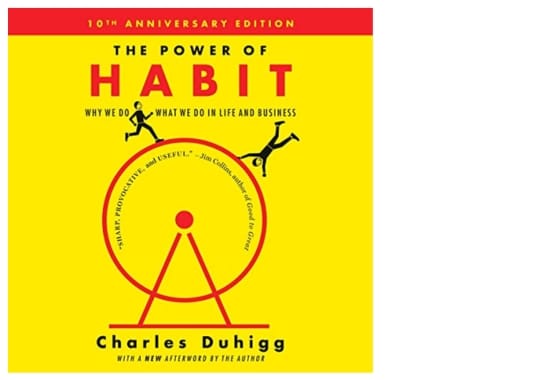
CHECK PRICE
Related Article

Frequently Asked Questions (FAQs)
What is the best book on time management?
The best book on time management is "The Time Trap" by Alec Mackenzie. This book dives into the psychology of time and how we can use it to our advantage. It's packed with actionable tips and tricks that will help you get the most out of every day.
How can I teach myself time management?
The best way to teach yourself time management is to find a book on the subject that you can read and apply to your life. Once you have found a book, make sure to set aside some time each day to read it so that you can slowly assimilate the information.
What causes poor time management?
There can be many reasons for poor time management. It could be due to a lack of organisation, not knowing how to prioritise tasks, procrastination or simply not being aware of how much time certain activities take. It’s important to identify the root cause of your poor time management in order to find a solution. Once you know what’s causing the problem, you can start taking steps to improve your time management skills.
Conclusion
Overall, "Make Time" is a valuable resource for anyone looking to improve their time management skills and create a more meaningful and balanced life. The book's practical advice, actionable strategies, and emphasis on finding focus and eliminating distractions make it a valuable tool for anyone looking to take control of their time and achieve their goals.










